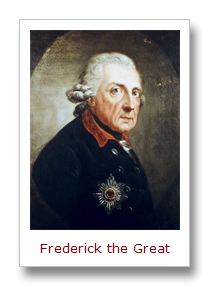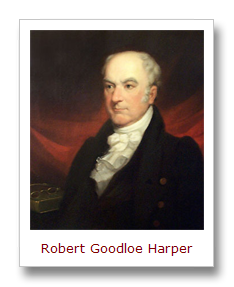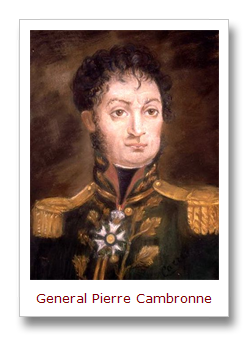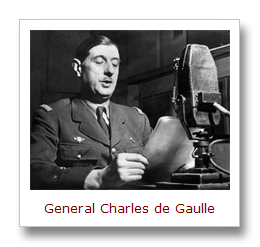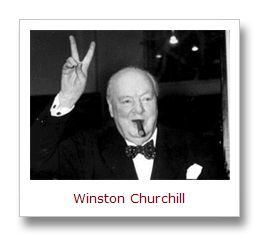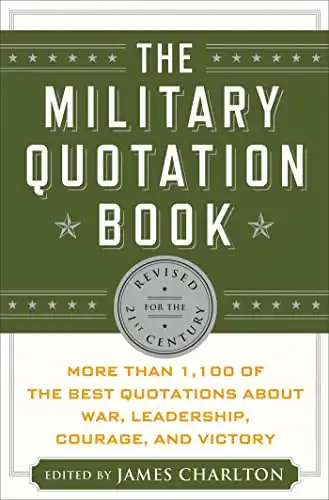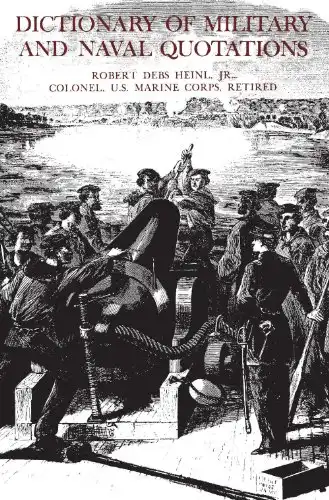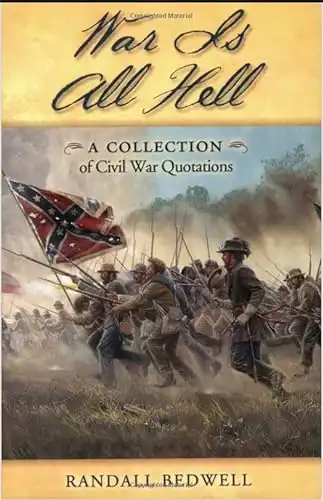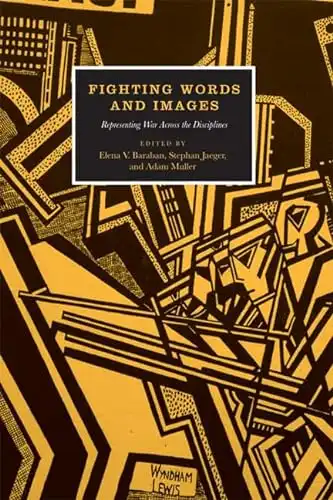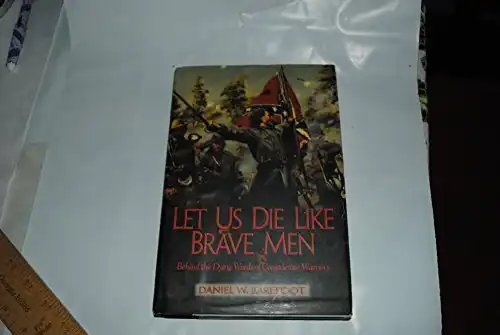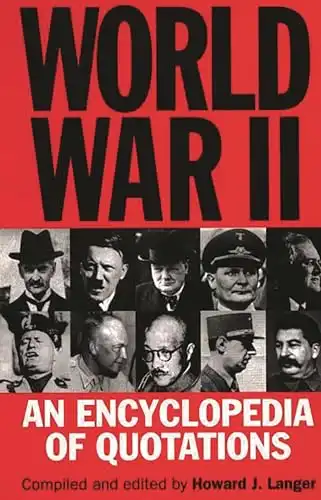By an odd coincidence, a number of famous war-related quotations were uttered on the date June 18.
On June 18, 1757, at the Battle of Kolin, Prussian King Frederick the Great urged his hesitant troops to attack the larger Austrian army by shouting:
“Rascals, would you live forever?”
Thousands of those rascals didn’t live much longer. The Prussians were defeated and nearly 14,000 were killed or wounded.
On June 18, 1798, at a dinner in Philadelphia honoring future Chief Justice of the United States John Marshall, a group of U.S. Congressmen were discussing a recent demand made by the government of France.
French vessels had been plundering American ships in a piratical manner. French foreign minister Talleyrand informed American officials that the attacks would be stopped if the United States paid him $250,000 and gave France 50,000 pounds sterling and a $100 million loan.
As toasts were made at the Congressional dinner, South Carolina Congressman Robert Goodloe Harper sent his own defiant reply to the French with this toast:
“Millions for defense but not one cent for tribute.”
Harper’s famous quote is sometimes attributed to South Carolina politician Charles C. Pinckney, who denied saying it.
Seventeen years later, it was a French leader’s turn to utter famous words of defiance.
On June 18, 1815, French Emperor Napoleon Bonaparte’s Imperial Guard, led by General Pierre Cambronne, was surrounded by combined British and German forces at the Battle of Waterloo.
When asked to surrender, Cambronne reportedly replied:
“The Guard dies but never surrenders.”
The French lost at Waterloo, ending Napoleon’s reign as Emperor. And, historians have questioned whether Cambronne actually uttered those famous fighting words. Some reports claimed he simply said “Merde!” (“Shit!”)
On June 18, 1901, German Emperor and King of Prussia Wilhelm II (dubbed “Kaiser Bill” by British and Americans), gave a rousing speech to the North German Regatta Association.
In that speech, he famously used the phrase “a place in the sun,” a German nationalistic phrase first given notoriety by German Chancellor Bernhard von Bulow.
In 1897, von Bulow had defended Germany’s right to a colonial empire by saying that Germans “demand our own place in the sun.”
“Kaiser Bill” consciously echoed those words in his speech on June 18, 1901, saying:
“We have conquered for ourselves a place in the sun. It will now be my task to see to it that this place in the sun shall remain our undisputed possession.”
Flash forward to World War II, when some other famous fighting words were uttered on June 18th.
In the spring of 1940, Adolph Hitler’s Nazi troops invaded and conquered France, setting up a puppet government under Marshal Philippe Pétain.
French General Charles de Gaulle, and other “Free French” forces refused to recognize Pétain’s “Vichy” government and vowed to fight on.
In exile in London, de Gaulle made a radio address on June 18, 1940, famously saying:
“France has lost a battle. But France has not lost the war!”
On that same day, British Prime Minister Winston Churchill gave one of his most memorable speeches in the House of Commons.
After discussing the fall of France and the recent evacuation of British and French troops from Dunkirk, Churchill noted that Hitler now had England in his sights.
“I expect that the Battle of Britain is about to begin,” Churchill said. “The whole fury and might of the enemy must very soon be turned on us. Hitler knows that he will have to break us in this Island or lose the war.
If we can stand up to him, all Europe may be free and the life of the world may move forward into broad, sunlit uplands.
But if we fail, then the whole world, including the United States, including all that we have known and cared for, will sink into the abyss of a new Dark Age made more sinister, and perhaps more protracted, by the lights of perverted science.
Let us therefore brace ourselves to our duties, and so bear ourselves that if the British Empire and its Commonwealth last for a thousand years, men will still say, ‘This was their finest hour.’”
* * * * * * * * * *
Comments? Corrections? Questions? Email me or post them on my Famous Quotations Facebook page.
Related reading…


